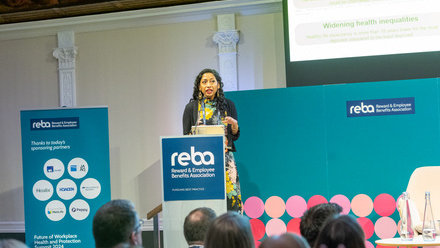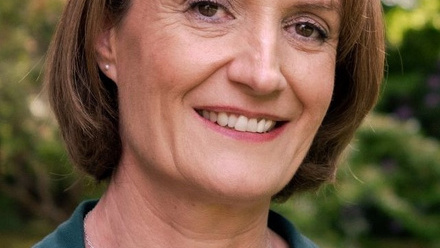Pay and pensions strategies will change fundamentally by 2025

A number of reward professionals are beginning to say it out loud: if current reward models don’t adapt, they could become irrelevant.
The various ways we have assembled base pay, variable pay, pensions and benefits that have been around for years no longer seem to work as well as they once did. Difficulties in recruitment and retention, low motivation, poor productivity and absence levels are still the bane of every HR and reward manager’s job.
This is not surprising given all the economic, societal and legislative upheaval we have experienced over a relatively short period.
Our latest report, New Model Reward 2017, published in association with JLT Employee Benefits, shows that the new National Living Wage, future gender pay reporting, pensions auto-enrolment and changes to annual allowances have been some of the drivers for recent reward decisions.
At the time of print for the research we still did not know what Brexit might look like, if the predicted interest rate rises will occur nor how the new restrictions on salary sacrifice will play out. All could affect reward decisions and strategies for years to come.
But bigger tides of change are on their way as both older and younger generations push for flexible working, younger staff battle student debt and housing prices while the rise of the agile worker means we are no longer quite sure who our ‘employees’ are anymore.
The reward and benefits practitioners who will be at the forefront of this profession will be the ones who are able to understand the changing landscape of work beyond the short term and frame new models of reward to meet the emerging demands.
A key finding of this latest report, also picked up in REBA’s 2016 Benefits Shifts research, is that employees want more understanding about their financial situation. The demand for financial education is growing, which bodes well as a solution to the huge retirement savings gap so many of us face, as well as combating debt stress afflicting employees at all earnings levels.
The research shows that respondents expect big changes over the next decade, but in the medium term are predicting small, incremental shifts. I suspect we will look back in a few years and realise the changes were bigger than we ever predicted in 2016.
But if employers continue to align reward strategies (be they pay, pensions or benefits) to HR strategies, and align those in turn to business strategies, all should be well. And this research shows that the vast majority of reward professionals are doing just that.
Debi O’Donovan is director at Reward & Employee Benefits Association
Download the full 46-page PDF report here: New Model Reward research 2017. REBA members access the research for free.
For further in-depth discussion of this topic with senior HR and reward professionals, sign up for REBA's Reward Leaders' Forum on 27 April 2017. REBA Members can attend for free.






